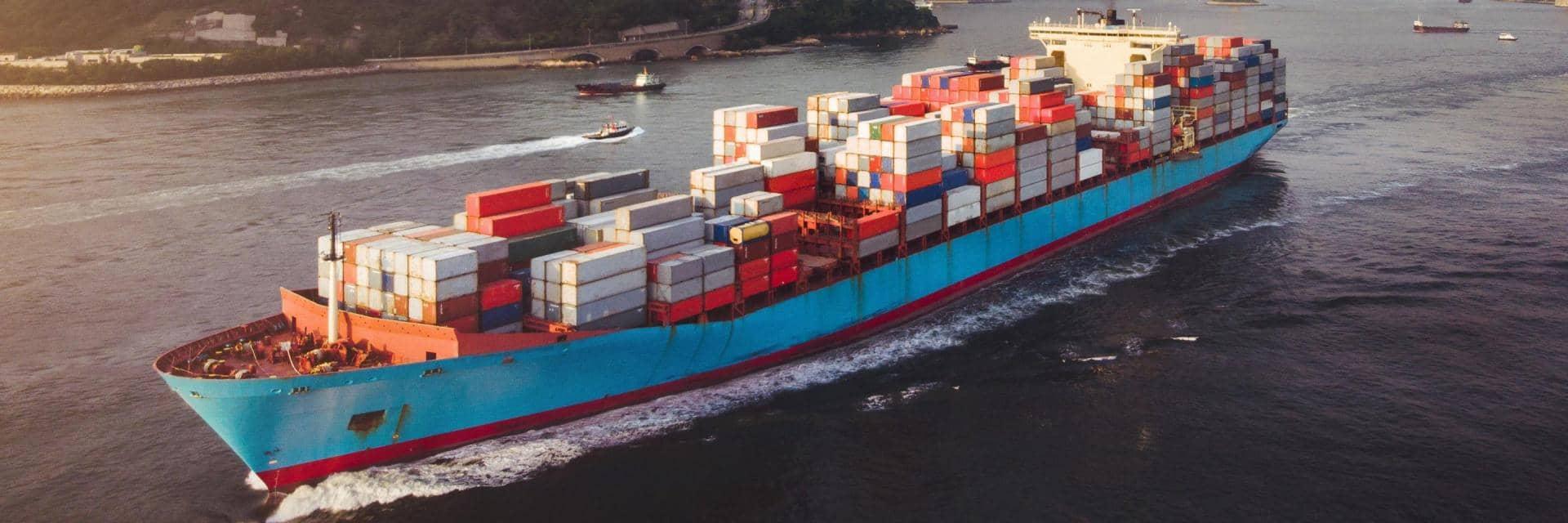All the articles published in Market Perspectives are also available to download here as a PDF:

Market Perspectives June 2020
05 June 2020
Welcome to the June edition of “Market Perspectives”, the monthly investment strategy update from Barclays Private Bank, which is also available to download as a PDF [PDF, 694KB].
Financial markets have continued to recover from March’s sell-off as the daily number of COVID-19 infections and deaths in Europe fall and on optimism of finding a vaccine. In this edition, we take stock of the impact of the pandemic on the asset classes we cover.
The increasing geopolitical tensions around the world seem to have been largely ignored. Intensifying spats between the US and China raise risks around their “phase-one” trade accord. That said, an all-out trade war looks unlikely. With an American election due and Brexit trade deal negotiations rumbling on, volatility is likely to remain elevated.
The COVID-19 pandemic
The COVID-19 crisis is likely to reshape trends in equities. For one, the threat of a pandemic might be taken more seriously, probably increasing the risk premium for the asset class. Dividend payouts may be out, as mounting debt piles are more frowned on. However, quality stocks, especially technology and healthcare, should be the winners. If nothing else, diversification seems key.
The spectre of negative interest rates is haunting bond markets as the UK Treasury issued negative-yielding debt for the first time. With Brexit uncertainty on the horizon too, they cannot be ruled out. Meanwhile, in the US the rates curve suggests rates will remain positive, at least in the short term.
More supply cuts and better demand, as quarantining is eased in China, helped the oil price to recover ground in May. That said, oil is likely to be rangebound in the near term due to large inventories. Meanwhile, gold remains popular. Rising geopolitical risks and the chance of a second wave of COVID-19 infections mean that the price looks set to climb further.
COVID-19 seems set to stoke more interest in sustainable investments. Sustainable-focused equity funds saw strong inflows in the first quarter of the year, while outperforming equities. And sustainable bond supply hit a record last year. Companies with business models that address sustainability trends, such as moves to a low-carbon economy and artificial intelligence, stand to do well.
Jean-Damien Marie and Andre Portelli
Co-Heads of Investment, Private Bank
Tensions nearing breaking point
As financial markets largely focus on the effects of the pandemic, rising geopolitical tensions have been seemingly ignored. For how much longer? US-China relations appear to stay in the limelight in an election year. Brexit trade negotiations remain on rocky ground as the deadline looms. While in Europe, can the northern and southern states put their differences aside?

When tomorrow comes
As quarantine measures ease and economies restart, shaping a post-COVID-19 world can start. Consensus suggests an earnings recovery and essentially a return to pre-crisis normality in 2021. However, lower returns may lie ahead. For one, leverage to fund share buybacks might be frowned on, to strengthen balance sheets. Will a diversified focus on quality pay off in tomorrow’s world?

Navigating bonds post pandemic
As the UK Treasury issues its first sub-zero rated bond, will negative yielding debt become common in the sterling bond market? In the US, the risk of negative yields still looks low. However, a larger one may be the potentially negative effects of deflation. Post COVID-19, navigating bonds will likely place risk management, selection and diversification at a premium.

Rise of sustainable bonds
Might the COVID-19 pandemic encourage more bond investors to allocate money to companies with sustainable strategies? The record supply of green bonds last year hints at the asset class’ popularity. The increasing evidence of the sustainable bonds’ ability to outperform helps. Furthermore, for those using environmental and social considerations, coupons and capital repayment are based on a solid foundation.

Assessing sustainable investing’s outperformance
Among the unexpected consequences of COVID-19 has been the lift in asset flows, and performance of, sustainable investments. However, the pandemic seems to be changing companies and governments’ priorities, not least their spending commitments. How might this shift affect the transition to, and opportunities available in, a low-carbon world?

Taking the plunge
As lockdowns ease and social and economic activity resumes, many may have missed the strong bounce seen in financial markets since March’s sell-off. Some might be far more cautious about investing again. What can investors do to comfort themselves that long-term investing still makes sense?

Rangebound oil but gold still shining
The promise of more supply cuts bodes well for oil. The easing of quarantine measures in many countries, which should boost supply as businesses restart, is also positive. This may not last. By contrast, at a time of geopolitical tensions and significant risk of another round of COVID-19 infections, the prospects for the yellow metal look encouraging.

Multi-asset portfolio allocation
What might the easing of COVID-19 quarantine measures and looming recession, and long period of sub-trend growth, mean for investors? In fixed income, we favour developed market government bonds and emerging market debt. Meanwhile, dovish policy should underpin developed market equities and gold. That said, we are cautious on high yield bond prospects, with default rates rising.

Other editions of Market Perspectives

We give you versatility and a choice of services
Barclays Private Bank provides discretionary and advisory investment services, investments to help plan your wealth and for professionals, access to market.